Akash Kapoor knows how to scale a big idea. As the founder of Curry Up Now, he helped shift the national perception of Indian food, making it approachable and relevant to American diners without compromising on authenticity. Now, with KHAKI, his latest venture in San Ramon, Kapoor marks a new chapter. His fast-casual empire helped popularize Indian food across the U.S. and now he has created a restaurant that honors the food he loves, refined by the best culinary talent in the field.
To bring his vision to life, Kapoor tapped acclaimed chef Pujan Sarkar to lead the creative direction of KHAKI. Chef Pujan is known for his refined and narrative-driven approach to regional Indian cooking. Together with Kapoor, he has created a space where technique meets nostalgia, and where every dish carries a specific origin story.
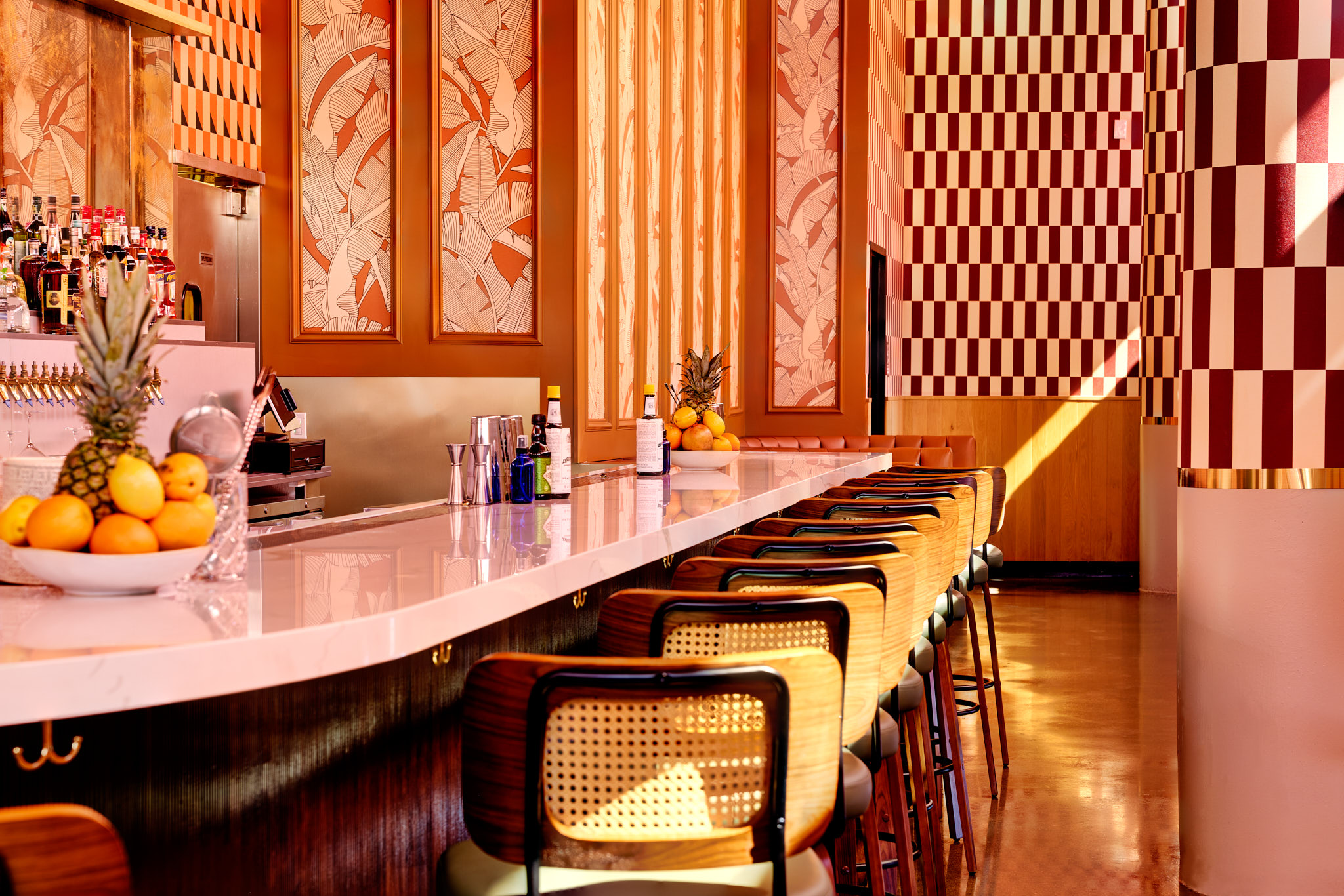
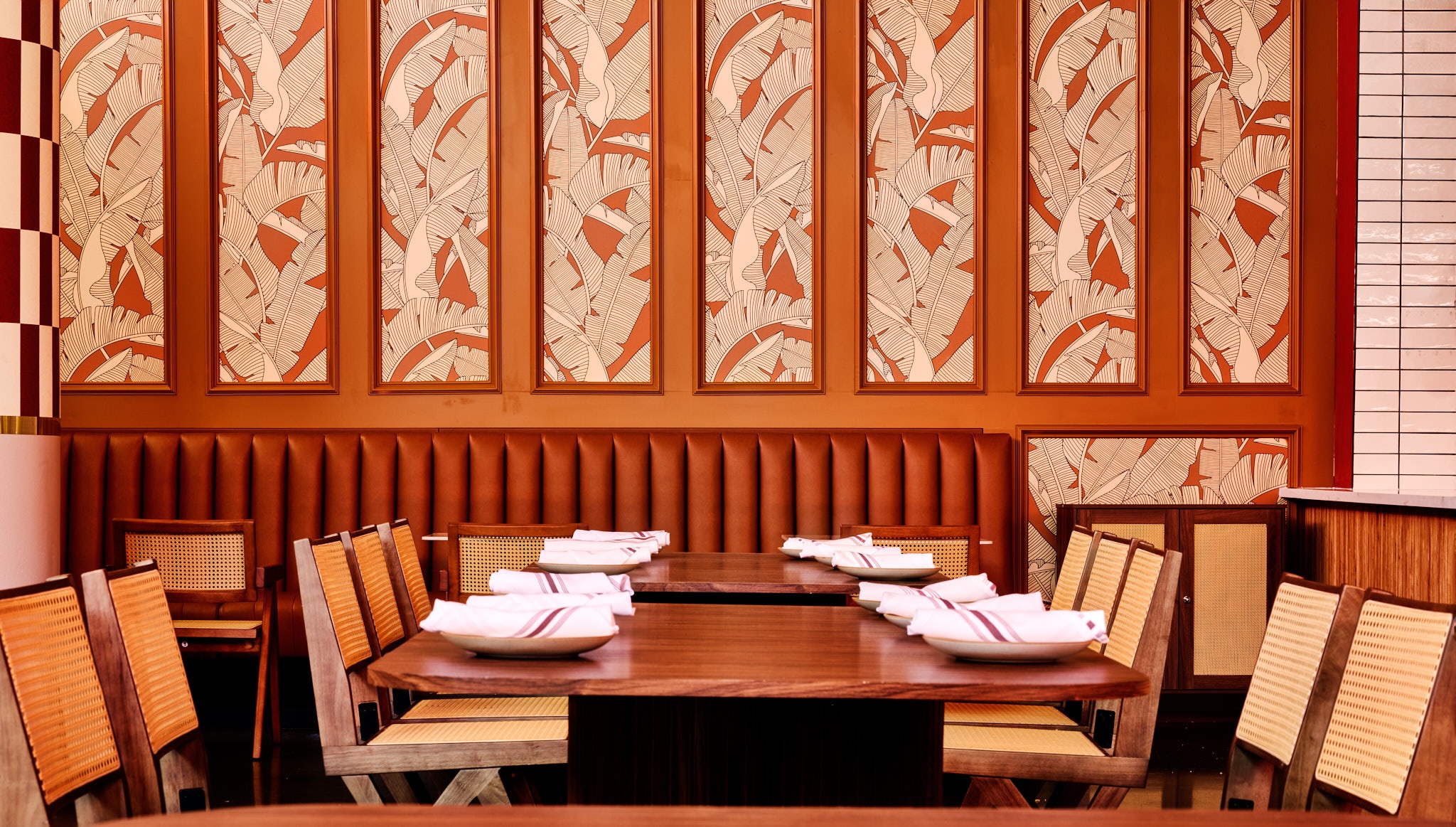
Memory as Creative Direction
“At KHAKI, you can expect food that is both surprising and comforting, deeply spiced, vegetable-forward and thoughtfully balanced,” says Kapoor. “This isn’t just a menu, it’s a lived experience.”
KHAKI’s approach is less about fusion and more about clarity. Rather than abstracting Indian flavors into unrecognizable formats, they explore the foods that define daily life across the subcontinent: street-side chaat, railway-station kababs, and slow-cooked home curries, then they reimagine them with subtlety. Each dish feels like a page from a travel journal: the jackfruit cutlet recalls Kolkata’s crisp, spiced patties; the beef sukka channels Chef Pujan’s recent travels through coastal Karnataka. “Each dish speaks to a specific region in India,” Kapoor explains. “Menu items move from east, to south, and then north for the iconic butter chicken.”
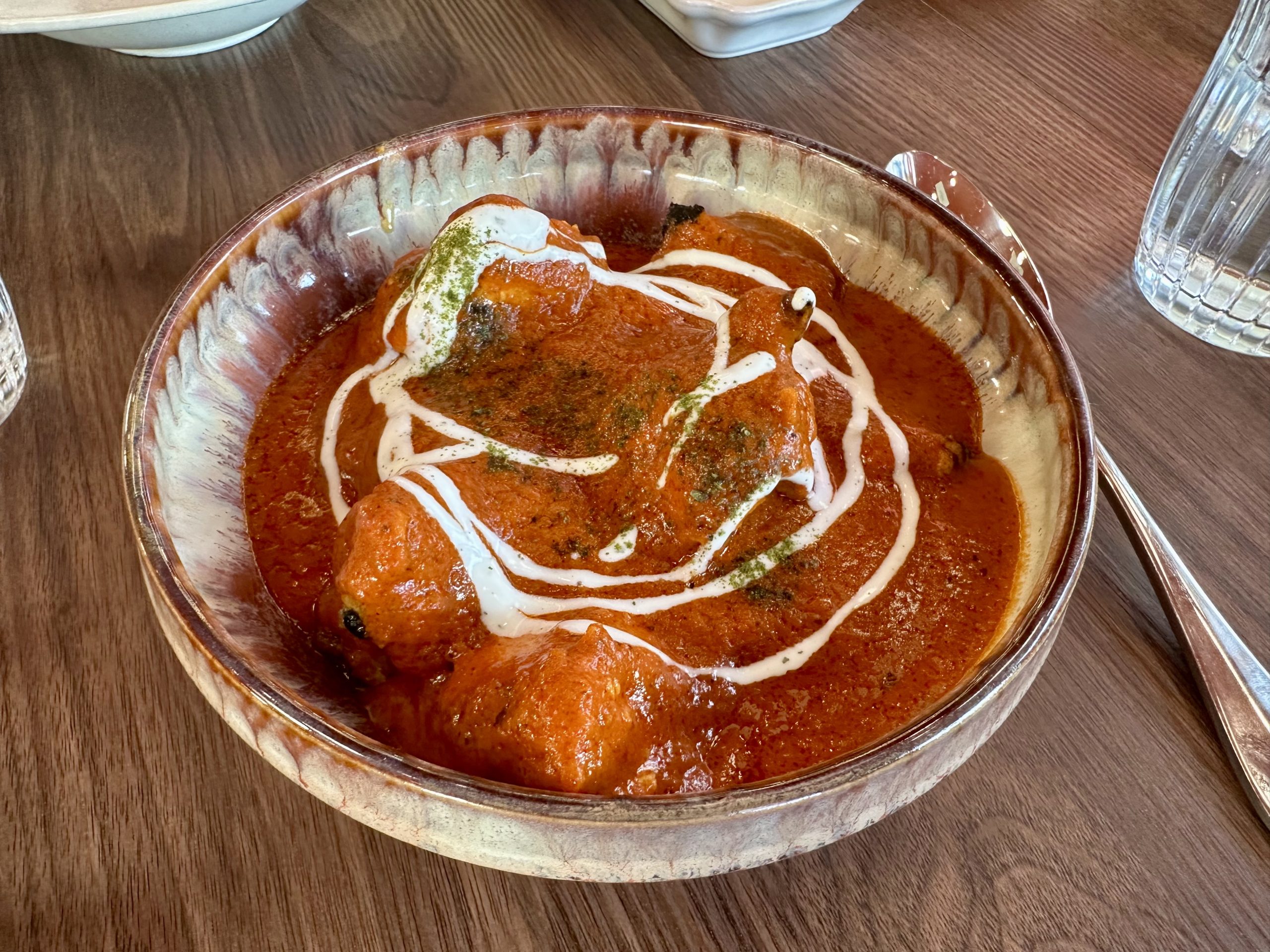
“Our food is all about taking you on a journey through India’s incredible variety of flavors,” says Pujan. “We try to strike that sweet spot between traditional, nostalgic tastes and a more modern, thoughtful approach. It’s the kind of food that feels comforting and familiar, but with a fresh twist that’s made for how people actually want to eat today.”
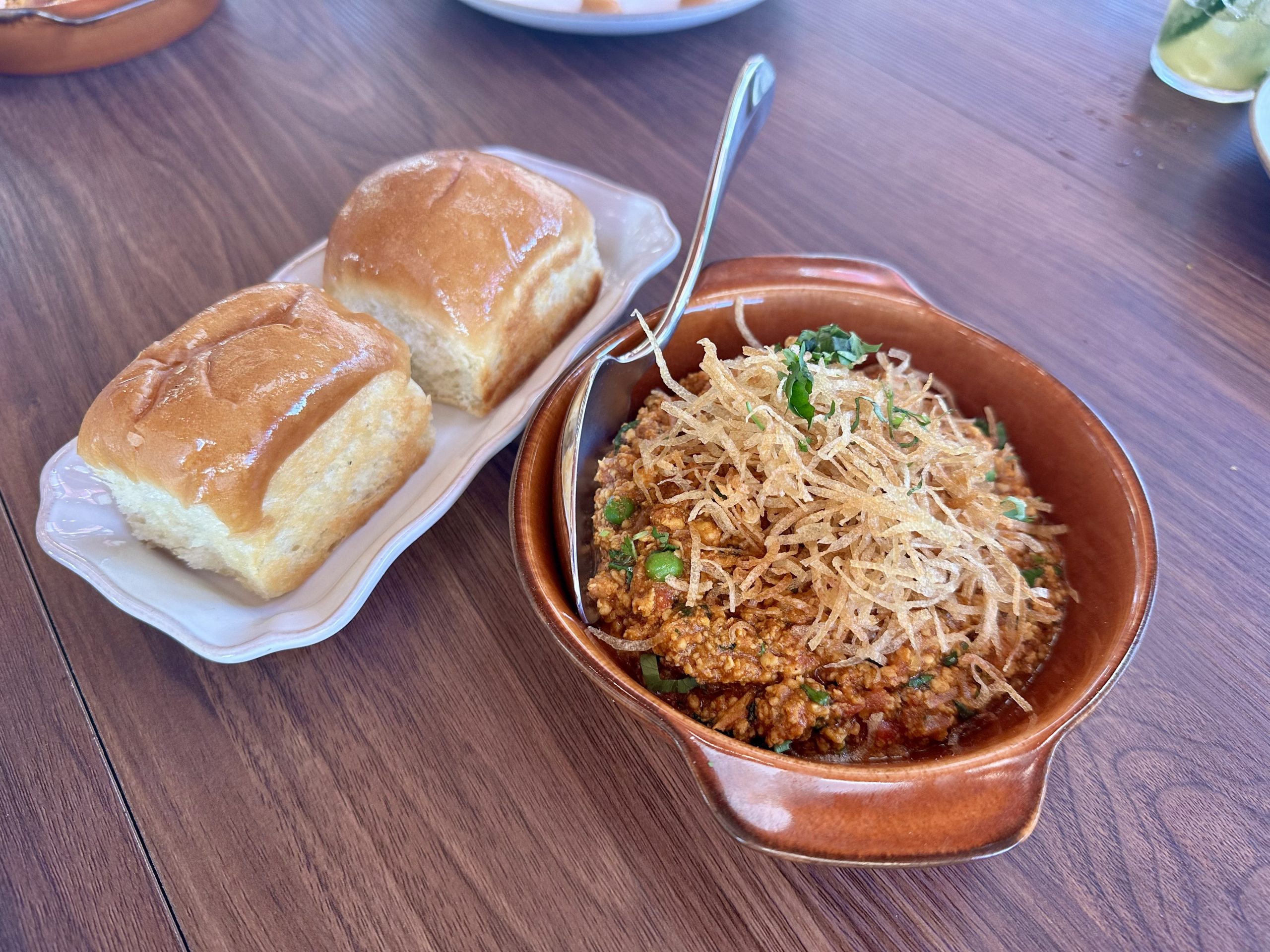
Cocktails with the Same Point of View
The beverage program echoes the kitchen’s intentionality. Crafted around Indian gins, spice infusions, and pickled elements, the cocktails are aromatic, savory, and regionally expressive. Garnishes like toasted mustard seeds and chili salt nod to classic pantry ingredients while reinforcing the restaurant’s culinary identity. As with the food, the drinks are designed to tell a story, one rooted in ingredients, place, and memory.
The Space
Designed in partnership with the Kolkata-based studio Curryfwd, KHAKI’s interiors blend clean California modernism with India’s textures. The vibe is minimalist yet tactile. The influence of India is present, but subtle, woven into textures, and suggested in materials.
Set in San Ramon’s City Center at Bishop Ranch open-air complex, KHAKI sits steps away from high-end boutiques and the luxuriously modern THE LOT cinema. Just off the piazza lies Alexander Square, where the summer Smooth Jazz Series brings world-class musicians to live summer performances. It’s the kind of locale where dinner and retail merge seamlessly with culture, making a trip to KHAKI feel like a curated outing.
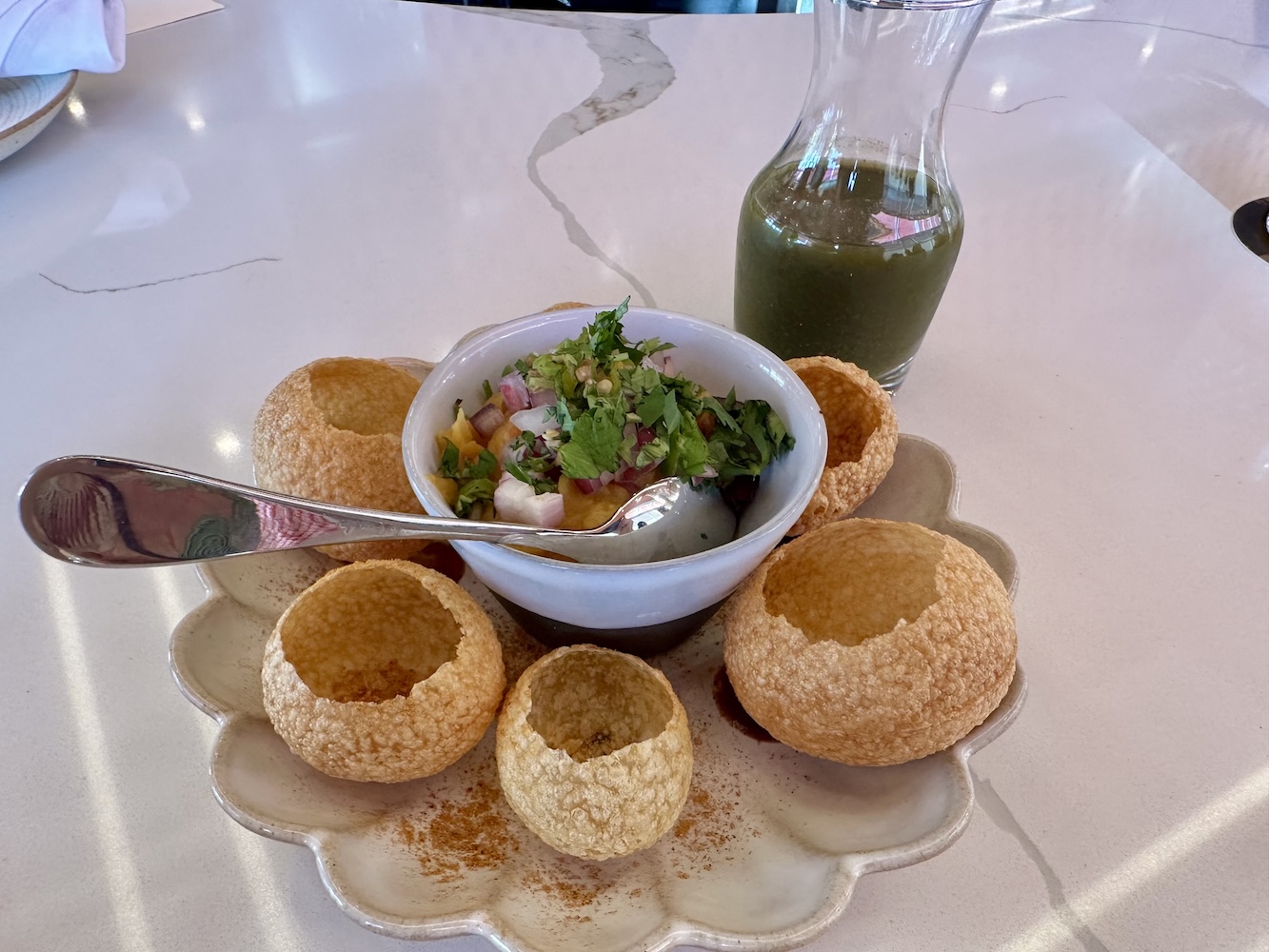
Flavor to Love
For those unfamiliar with Indian cuisine, KHAKI offers a welcoming entry point. The flavors may surprise—the heat of mustard seed, the depth of black cardamom, the brightness of tamarind—but they rarely alienate. There’s always something to connect with, whether it’s a slow-cooked curry, a crisp cutlet, or the layered warmth of spice.
“Indian food isn’t intimidating”, says Kapoor.” People just don’t want to get it wrong or order wrong, say the wrong thing, feel silly. It’s not spicy; it’s spice forward. But once most taste the real thing, they fall in love. It’s not all heat or grease or curry clichés. It’s regional, nuanced, and endlessly diverse.”
With more than 1.4 billion people in India eating and celebrating this cuisine daily, there’s good reason to trust its staying power, and to taste what you’ve been missing.
Hero photo by Neetu Laddha
